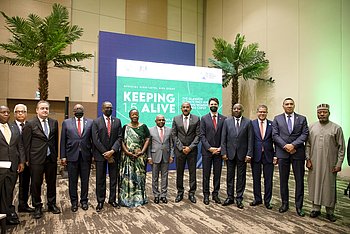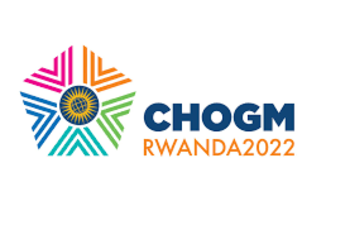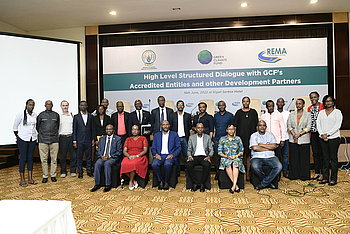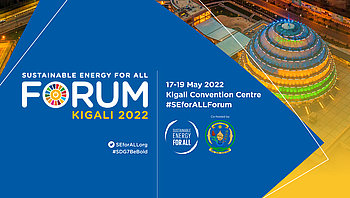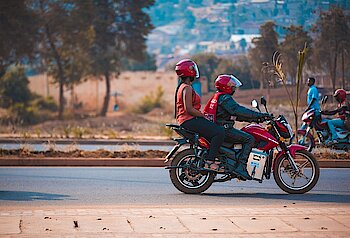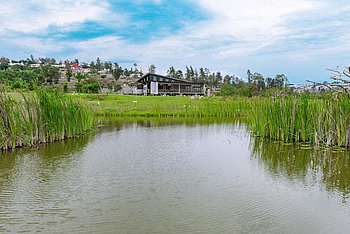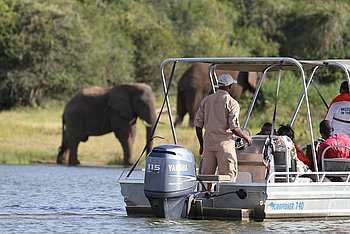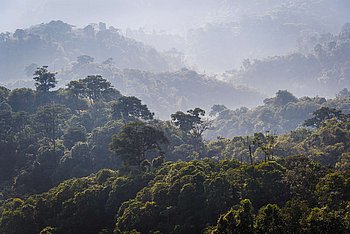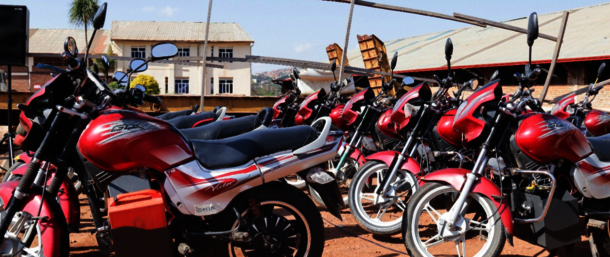
Retrofit Electric Motorcycles Project; Another step towards emission reduction
The Greenhouse gases emission inventory report of 2015 indicated that the vehicles (that burns the fossil fuel) emit emissions at 13% of the total national emissions. In 2018, the number of registered motorcycles were 112,404. This implies how much emissions generated from vehicles contribute more emissions on national total emissions. without mitigation intervention (it is referred as Business as usual) it is expected to grow.
Rwanda has pledged to cut emissions at 38% by 2030, in which electric mobility is one of the key climate actions to reach that end. In that regard, on June 09, 2021 Kigali, the Rwanda Environment Management Authority (REMA) partnered with a private local company, Rwanda Electric Mobility (REM Ltd) and jointly launched a Retrofit Electric Motorcycles Project as a pilot phase in the city of Kigali, with the financial and technical support from UNDP Rwanda through the Poverty Environment Action for SDGs (PEA) Project.
This comes after the Government of Rwanda has established the incentives for supporting the easy transition to the e-mobility.
As part of effort in emission reduction, this project aim to accelerate the transition from petrol-fuelled motors, which accounts from more than 80% of the total motorcycles in Rwanda, to electric ones.
Donald Rukotana Kabanda, the CEO REM Ltd explained that retrofit e-motors will generate more economic benefits than conventional ones. “The retrofitted e-motors are equipped with two batteries, which may be also portable. One full charge costs Rwf 900 and covers 50km of a trip while one litre of petrol costs more than Rwf 1000 and covers 25km. This means that a retrofit e-motor-taxi operator will save more than Rwf 100 per charge compared to petrol-fuelled motor-taxi,” Kabanda elucidates.
This retrofitting is planned in a period of six-month pilot phase, 80 motorcycles will be retrofitted. Thereafter, retrofitting services will be available to motorcycle owners across capital Kigali on a relatively affordable cost
From this project and other in pipelines, we can rest assured that the target set in Nationally Determined Contributions are feasible and can be achieved. Slowly but surely more and more this will also help to achieve Rwanda’s target to become a carbon neutral economy by 2050.
Topics
More posts
COMMONWEALTH LEADERS MEET IN KIGALI TO DISCUSS WAYS OF KEEPING THE 1.5-DEGREE GOAL ALIVE
The Governments of Rwanda and the United Kingdom together with the Presidency of the United Nations Climate Change Conference (COP26) have on 23rd Jun…
Climate change as key issue that are of special in the CHOGM – 2022 discussion
The effects of climate change are being felt throughout the Commonwealth, with some Member States experiencing climate change impacts, which is a…
Public and Private sectors, Green Climate Fund accredited entities and development partners joined in the structured dialogue
On 16 June 2022 at Kigali Serena Hotel, the public, private sectors, Green Climate Fund (GCF) accredited entities and development partners have joined…
REMA AND HIGHER LEARNING INSTITUTIONS AGREED TO ENHANCE PARTNERSHIP IN ENVIRONMENT AND CLIMATE CHANGE RESEARCH
As part of the “World Environment Day Celebrations”, Rwanda is holding its annual National Environment Week. The week begun on Saturday 28 May by the…
Global Leaders Convening Tomorrow at the SEFORALL Forum in Kigali for Landmark Event on Energy and Climate
At a time when far greater action is needed to fight climate change and to reduce global inequalities, the 2022 SEforALL Forum will commence tomorrow,…
Six ways Rwanda is building climate resilient transport systems
Over the last decade, Rwanda has invested in building efficient and resilient transport systems. Guided by the country’s Green Growth and Climate…
Six ways Rwanda is being water wise in the face of climate change
Access to water underpins public health and is critical to sustainable development. Availability of water is also critical for any country’s…
Five ways Rwanda is investing in ecotourism and conservation
Rwanda is located in the Albertine Rift, a region considered especially rich in biodiversity, making it ideal for conservation and ecotourism. From…
How Rwanda is putting its forests first in the fight against climate change
In 2011, Rwanda introduced a Green Growth and Climate Resilience Strategy to guide the country to become a developed, low carbon economy by 2050.…
